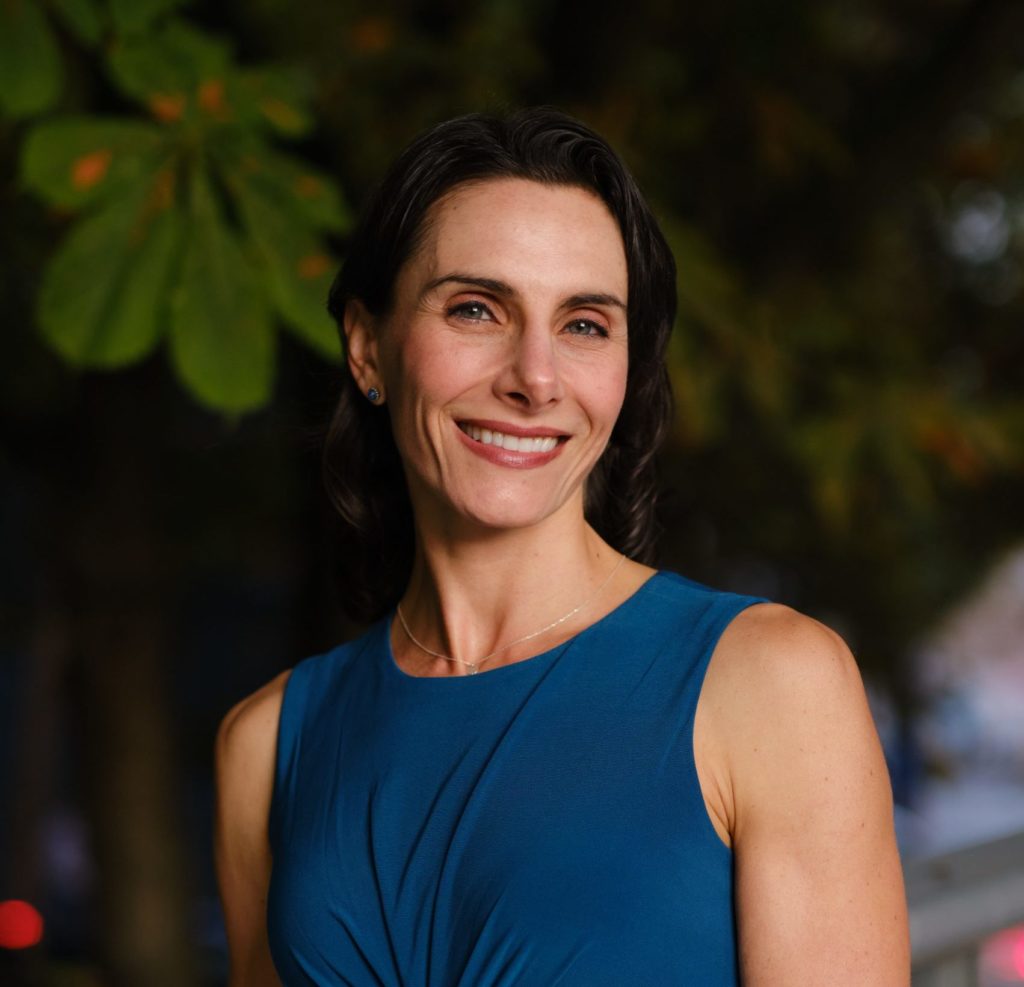Do you feel content and balanced in your life? Do you live with a sense of purpose? Do you find ways to stay energized and connected to your community? Some people may answer yes to those questions, but for many, it’s a struggle to manage stress, find purpose, and feel energized in our lives. With a disease like Fanconi anemia, most of our attention is focused on physical health. Mental health is a component that may get overlooked, yet it is crucial to our overall wellbeing.
Megan Voss, DNP, RN, is a nurse clinician, educator and program lead at the University of Minnesota Masonic Children’s Hospital in the area of integrative health and healing. Megan joined us at Camp Sunshine this past summer to speak about wellbeing and why it’s important to our quality of life.
What is wellbeing?
According to the model developed at the University of Minnesota, “wellbeing is the state of general contentment with life and the way things are.” It has to do with empowering yourself to take charge of your health and life. “Wellbeing begins with the simple question—what can I do to feel content and balanced? Asking this shifts our whole perspective—we are no longer looking to our healthcare providers or government or food companies to tell us what we need to do. We are empowering ourselves to explore what we really need and to evaluate for ourselves what makes sense.”
As Megan explains, the healthcare system (drugs, hospitals, and doctors) affects only about 10% of the usual measures of health. The remaining 90% of health outcomes are determined by factors over which the medical system has little or no control, like lifestyle choices, social conditions, and our environment. That’s why taking personal responsibility for our healthcare is so important.

Megan Voss
So, where to start?
The model of wellbeing and integrative health created at the University of Minnesota includes six dimensions of wellbeing: health, relationships, security, purpose, community, and environment.

HEALTH:
- Physical activity
- Diet & nutrition
- Sleep
- Thoughts & emotions
- Stress mastery
PURPOSE:
- What gets you up in the morning?
- Aim
- Direction
- Different from a job
RELATIONSHIPS:
- Family
- Friends
- People in the community
COMMUNITY:
- Livability (green space, culture)
- Equity (access to social, economic, political resources)
- Connectedness (engagement, empowerment)
SECURITY:
- Basic human needs
- Job
- Finances
ENVIRONMENT:
- Clean air and water
- Free of toxins
- Access to nature
How to make a change?
If you’re motivated to take charge of your wellbeing, a good place to start is by choosing one of the six areas where you want to make a behavior change. Visit https://www.takingcharge.csh.umn.edu to explore each component and to access dozens of resources. You can take a wellbeing assessment test which will help you identify patterns in this area of your life, set a goal, understand your strengths and challenges, and create an action plan.




